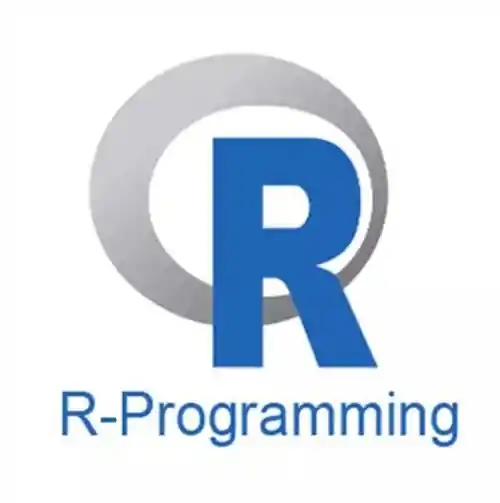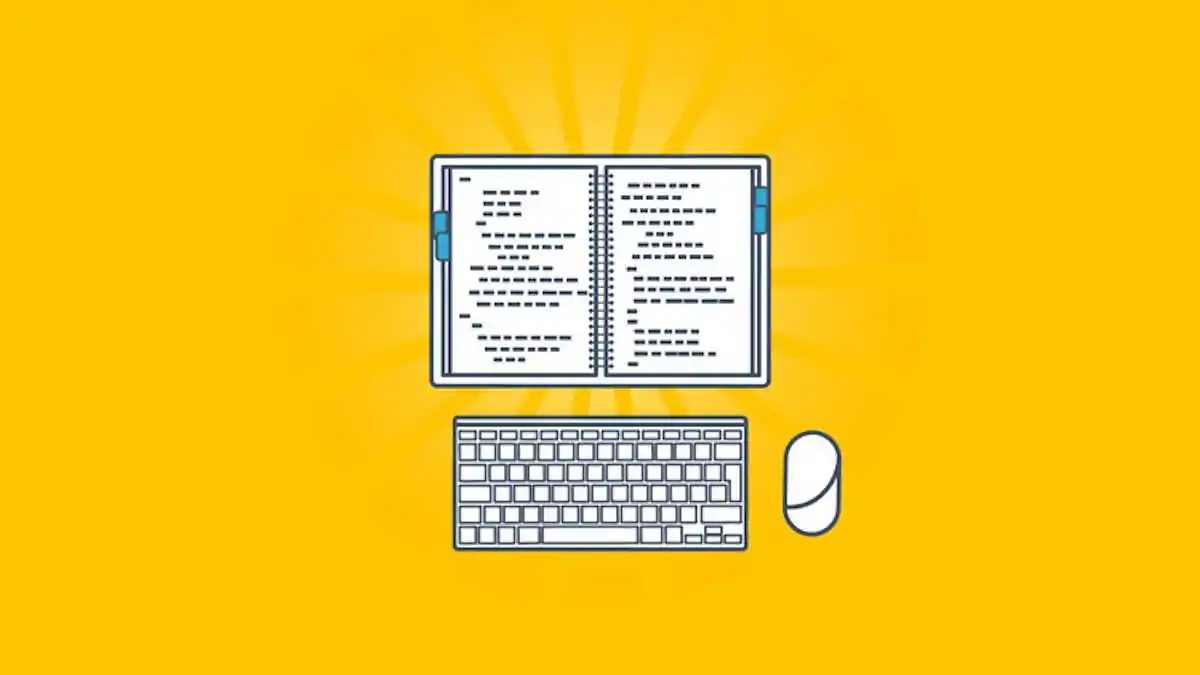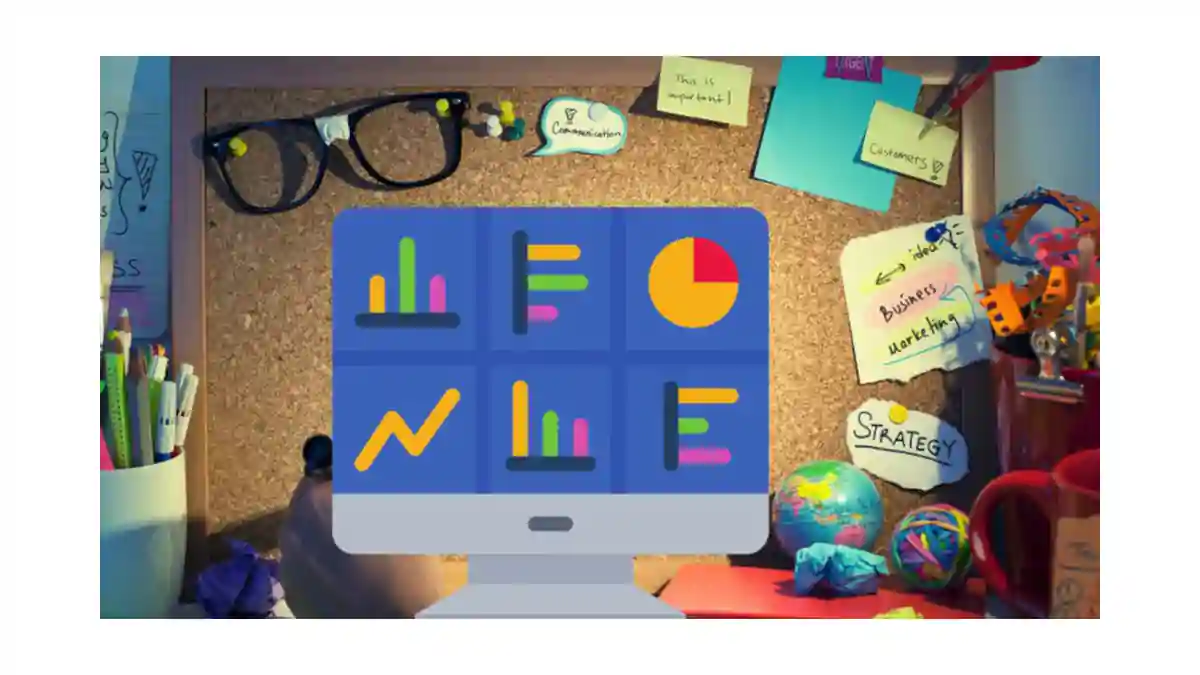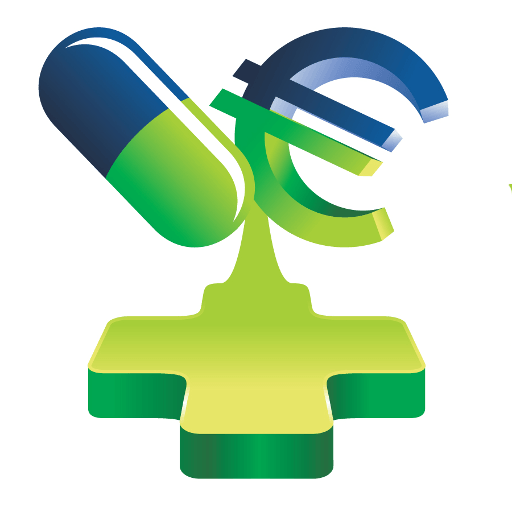Online Course. R programming online course by the Johns Hopkins University. In this course, you will learn how to program in R and how to use R for effective data analysis. You will learn how to install and configure software necessary for a statistical programming environment and describe generic programming language concepts as they are implemented in a high-level statistical language. The course covers practical issues in statistical computing which includes programming in R, reading data into R, accessing R packages, writing R functions, debugging, profiling R code, and organizing and commenting R code. Topics in statistical data analysis will provide working examples.
Syllabus – What you will learn from this course
- Collect detailed information using R profiler
- Configure statistical programming software
- Make use of R loop functions and debugging tools
- Understand critical programming language concepts
Week 1: Background, Getting Started, and Nuts & Bolts
This week covers the basics to get you started up with R. The Background Materials lesson contains information about course mechanics and some videos on installing R. The Week 1 videos cover the history of R and S, go over the basic data types in R, and describe the functions for reading and writing data. I recommend that you watch the videos in the listed order, but watching the videos out of order isn’t going to ruin the story.
28 videos (Total 129 min), 9 readings, 8 quizzes, 25 hours to complete
Week 2: Programming with R
Welcome to Week 2 of R Programming. This week, we take the gloves off, and the lectures cover key topics like control structures and functions. We also introduce the first
programming assignment for the course, which is due at the end of the week.
13 videos (Total 91 min), 3 readings, 5 quizzes, 12 hours to complete
Week 3: Loop Functions and Debugging
We have now entered the third week of R Programming, which also marks the halfway point. The lectures this week cover loop functions and the debugging tools in R. These aspects of R make R useful for both interactive work and writing longer code, and so they are commonly used in practice.
8 videos (Total 61 min), 2 readings, 4 quizzes, 10 hours to complete
Week 4: Simulation & Profiling
This week covers how to simulate data in R, which serves as the basis for doing simulation studies. We also cover the profiler in R which lets you collect detailed information on how your R functions are running and to identify bottlenecks that can be addressed. The profiler is a key tool in helping you optimize your programs. Finally, we cover the str function, which I personally believe is the most useful function in R.
6 videos (Total 42 min), 4 readings, 5 quizzes, 11 hours to complete
More R Online Courses







